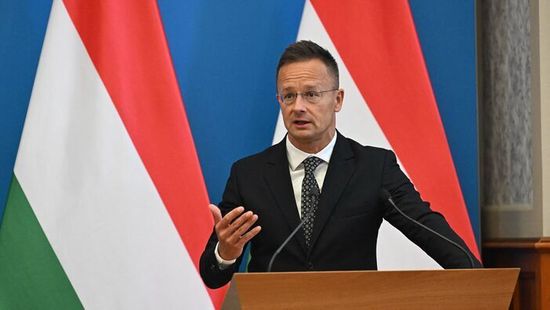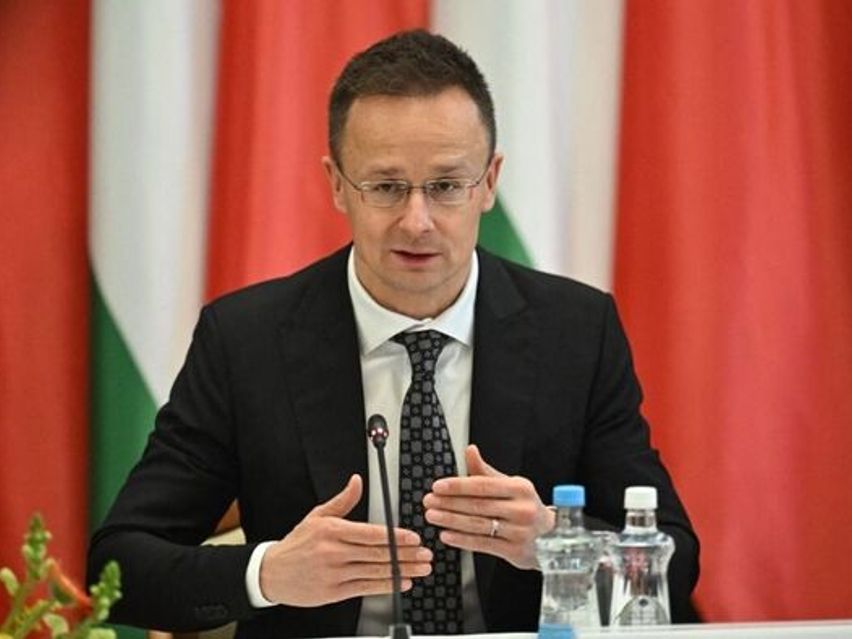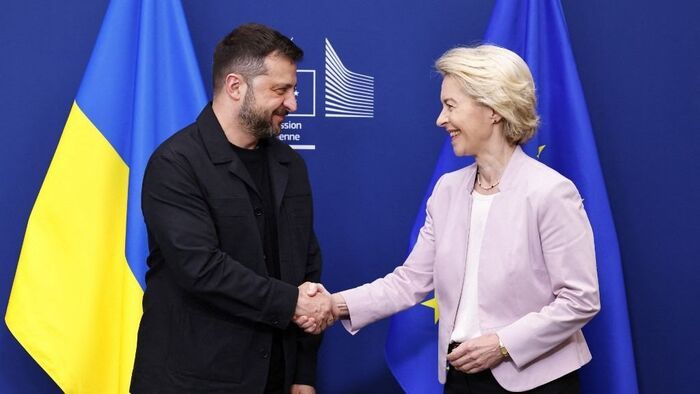One of the European Union's most pressing and contentious issues today is Ukraine's potential accession to the European community. In the first part of our series exploring key elements of this topic, we discussed Ukraine's weak economic indicators and its challenges regarding the rule of law.
The question of Ukraine's EU membership resurfaced after Russia's invasion in 2022. Just days after the attack, President Volodymyr Zelensky's administration formally applied for EU membership under a special procedure.
This set the process in motion, with Ukraine officially becoming a candidate for EU membership as of June 2022.
Arguments in favor
So what are the arguments for and against Ukraine's accession? Baden-Wurttemberg’s political academy outlined ten arguments on both sides. The experts list the following points in support of Ukraine’s entry:
- Geographically, Ukraine belongs to the European space,
- Culturally, it fits within Europe, as a country with Christian roots, like other member states,
- The EU promised Ukraine membership many years ago, creating an obligation for the bloc,
- Some voices advocate for a specially expedited accession process for war-torn countries,
- Article 42(7) of the Lisbon Treaty would offer military protection under the principle of mutual defense,
- EU membership would strengthen Ukraine’s Western alignment and democratic trajectory. With it, the EU would acknowledge Ukraine’s efforts since the Maidan protests,
- Ukraine already has an extensive association agreement with the EU, which - in some ways - has laid the groundwork for membership,
- Ukraine’s membership could benefit the bloc, as it is Europe’s largest country by area and boasting a significant population,
- The EU could appear as a more prominent global political player, after the expansion, and
- Ukraine’s membership would be an obligation for the EU, as the country defends the values of Western democracy.
Notably, most of these arguments revolve around cultural and political considerations.
Arguments against
At the same time, the Political Academy argues that Ukraine’s EU membership would lead to numerous drawbacks:
- Historically, Ukraine is more aligned with the Russian sphere than the European one,
- The EU is already stretched thin by pending Western Balkan accessions,
- Ukraine is an unstable democracy with issues pertaining to rule of law, corruption, and minority rights,
- An expedited accession procedure that overlooks these democratic deficits would be unfair to long-waiting candidate countries like North Macedonia and Albania,
- Ukraine’s accession would impose significant financial burdens on the EU, which is already providing aid and assistance to Ukraine,
- Ukraine’s population is divided over EU membership,
- Debating Ukraine’s accession could provoke harsher aggression from Russia,
- The accession would take years to complete,
- Ukraine’s membership would introduce new security risks, as the bloc would expand directly toward Russia and face challenges along its Belarusian border, and
- Based on Cyprus’s example, the EU is hesitant to admit states with unresolved territorial disputes.
It’s worth noting that membership in the EU also has military implications, as referenced in Article 42(7) of the Lisbon Treaty, commonly known as the mutual defense clause. If an EU member state is attacked, others are obligated to provide assistance. And this means that the whole EU could be dragged into the Russia-Ukraine war.























Szóljon hozzá!
Jelenleg csak a hozzászólások egy kis részét látja. Hozzászóláshoz és a további kommentek megtekintéséhez lépjen be, vagy regisztráljon!